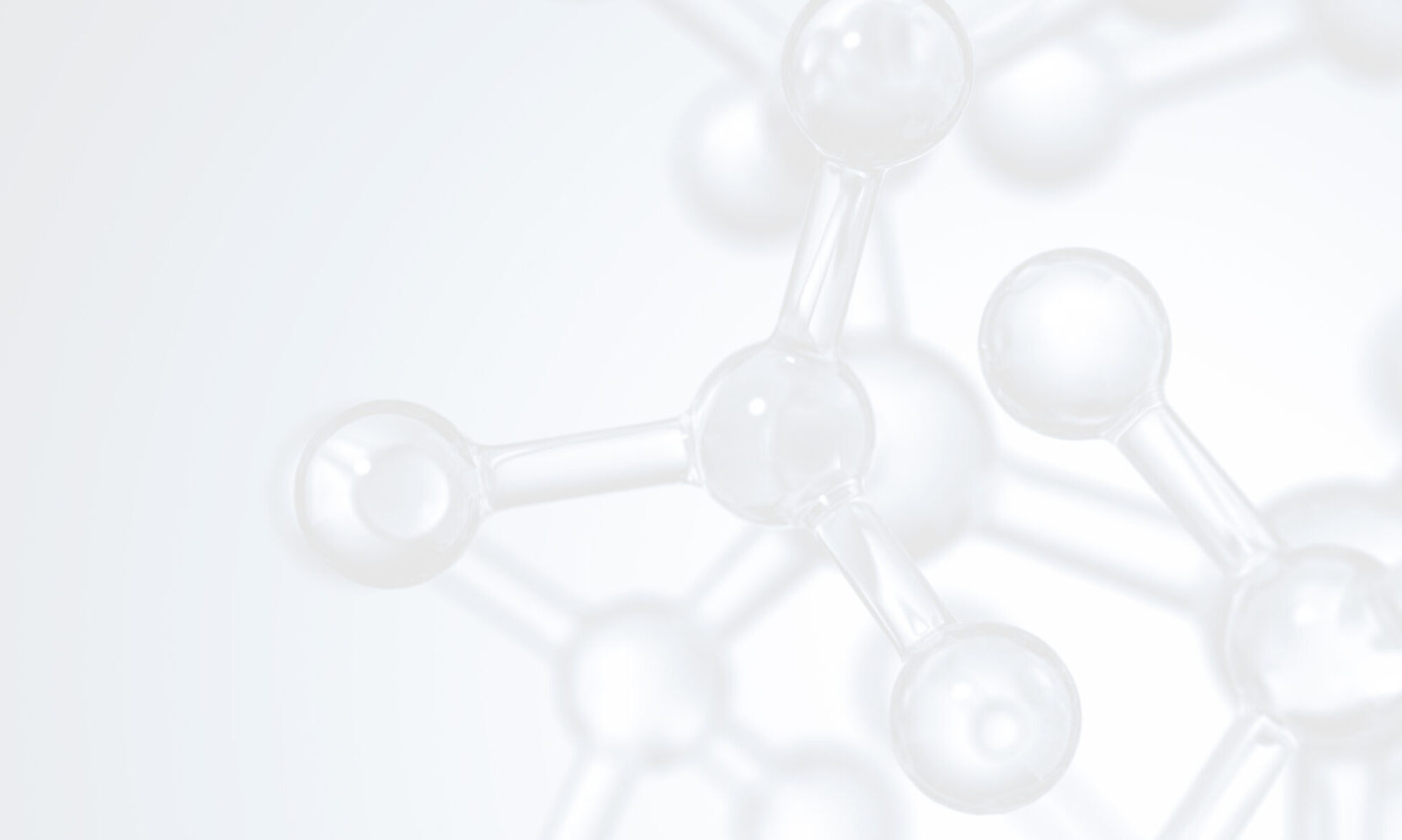BIO-SYNTHETIC TRADITIONAL GASOLINE (benzine, petroleum)
NEW!100% BIO – Carbon neutral fuel! At the same time, the delight and power of oil gasoline are preserved
| The name of gasoline | Price per litre (EUR) | MON | RON | ORDER |
| GASOLINE – 98 | 1.16 | 94 | 98 |  |
BIO-SYNTHETIC SPORT GASOLINE (benzine, petroleum)
NEW!100% BIO – Carbon neutral fuel! At the same time, the delight and power of oil gasoline are preserved
| The name of gasoline | Price per litre (EUR) | MON | RON | Oxygen, % | ORDER |
| ECOsport | 3.1 | 96 | 104 | Not regulated |  |
| ECOsport advanced | 4.2 | 102 | 110 | Not regulated |  |
| ECOsport turbo | 4 | 101 | 109 | Not regulated |  |
| ECOsport super | 4.1 | 109 | 117 | Not regulated |  |
| ECOsport ultra | 6.2 | 116 | 124 | Not regulated |  |
| ECOsport ultra high | 8 | 124 | 127 | Not regulated |  |
Brands of gasoline(benzine, petroleum) and diesel fuels, highlighted in red (for convenience to distinguish), are made from oil components and components derived from vegetation raw materials. The peculiarity of gasoline is the low content of sulfur and benzene, according to the requirements of EURO 6. Gasoline does not absorb moisture out of the air and does not dissipate. Do not contain metal additives.
Why selecting different fuel types when you can design your own, all you need to do is provide a few parameters (please use the link below), and we will happily create customized fuel for your needs! (min batch – 20 tons)
We apply organic synthesis to vegetation raw materials that result in bio components to create fuels (highlighted in green for convenience).
Biofuels are freely mixed with petroleum fuels if needed, do not contain water-soluble components, and do not mix with water. Neutral (not aggressive) to the details of the fuel system and engine. Do not contain metal additives. They are applicable to any internal combustion engine designed for oil fuel without restrictions.
The advantages of all types of fuels offered are that they are partially or wholly composed of synthetic components (produced from vegetation raw materials) possessing properties providing:
- Reduced NOx, CO, and CH emissions;
- Washing and cleaning properties;
- Additional lubricating and anti-scoring properties (applicable to both diesel and gasoline-fueled engines). The gasoline engine has a regular lubrication system, but at the engine’s limit modes, it may not be enough, and therefore, to extend the engine’s resource and the reliability of its operation, the additional lubricating capacity of the fuel is required.

